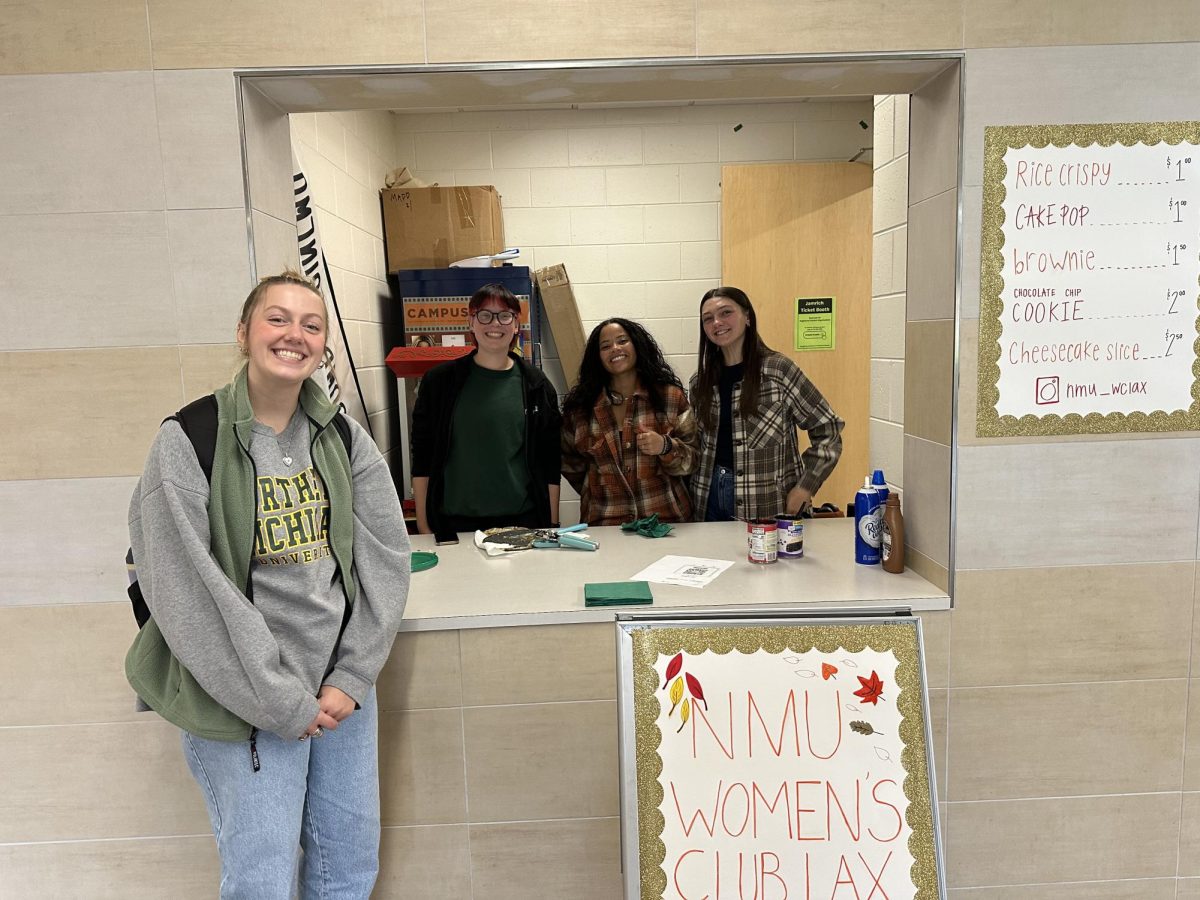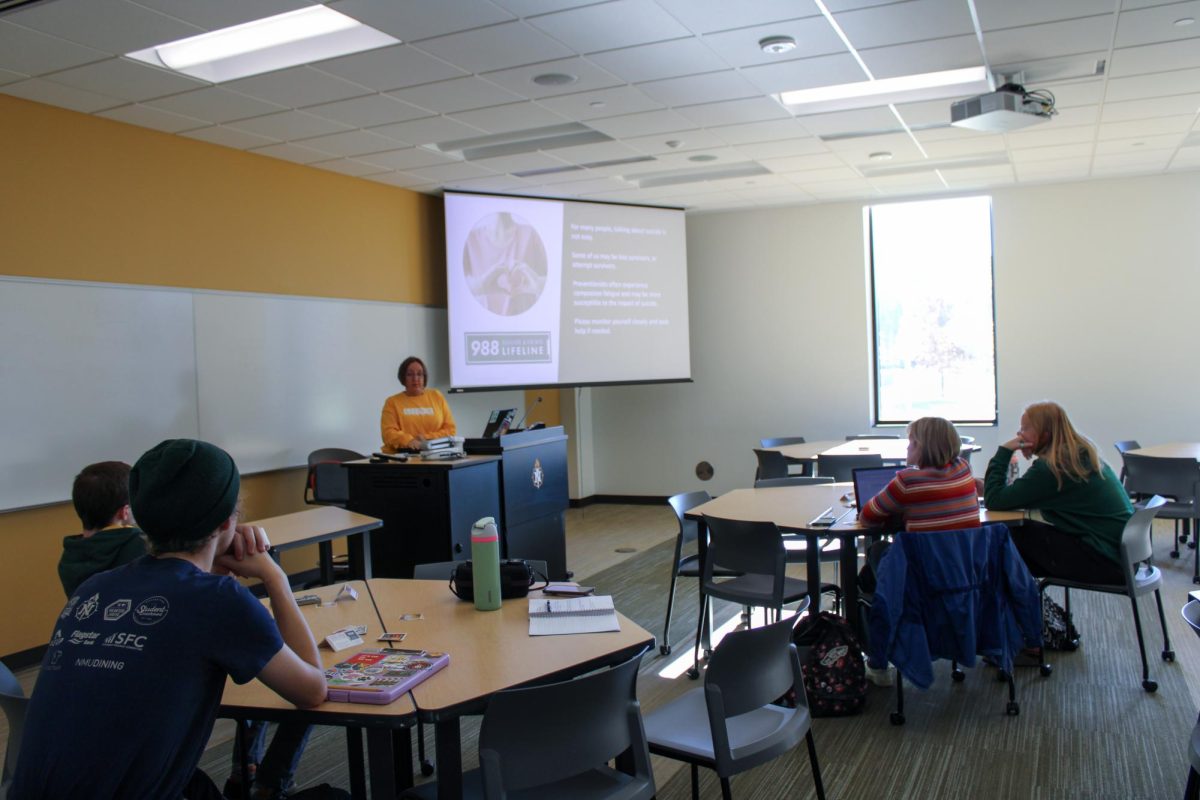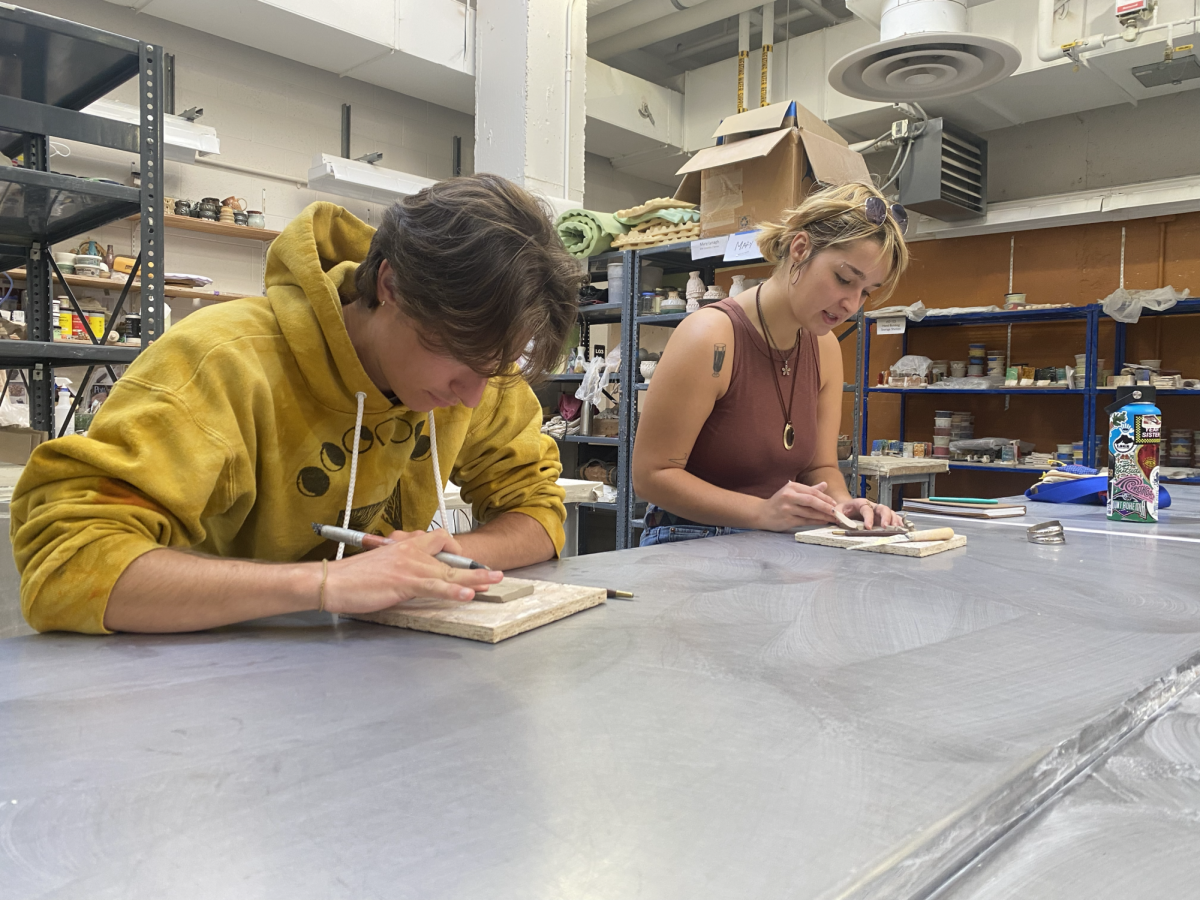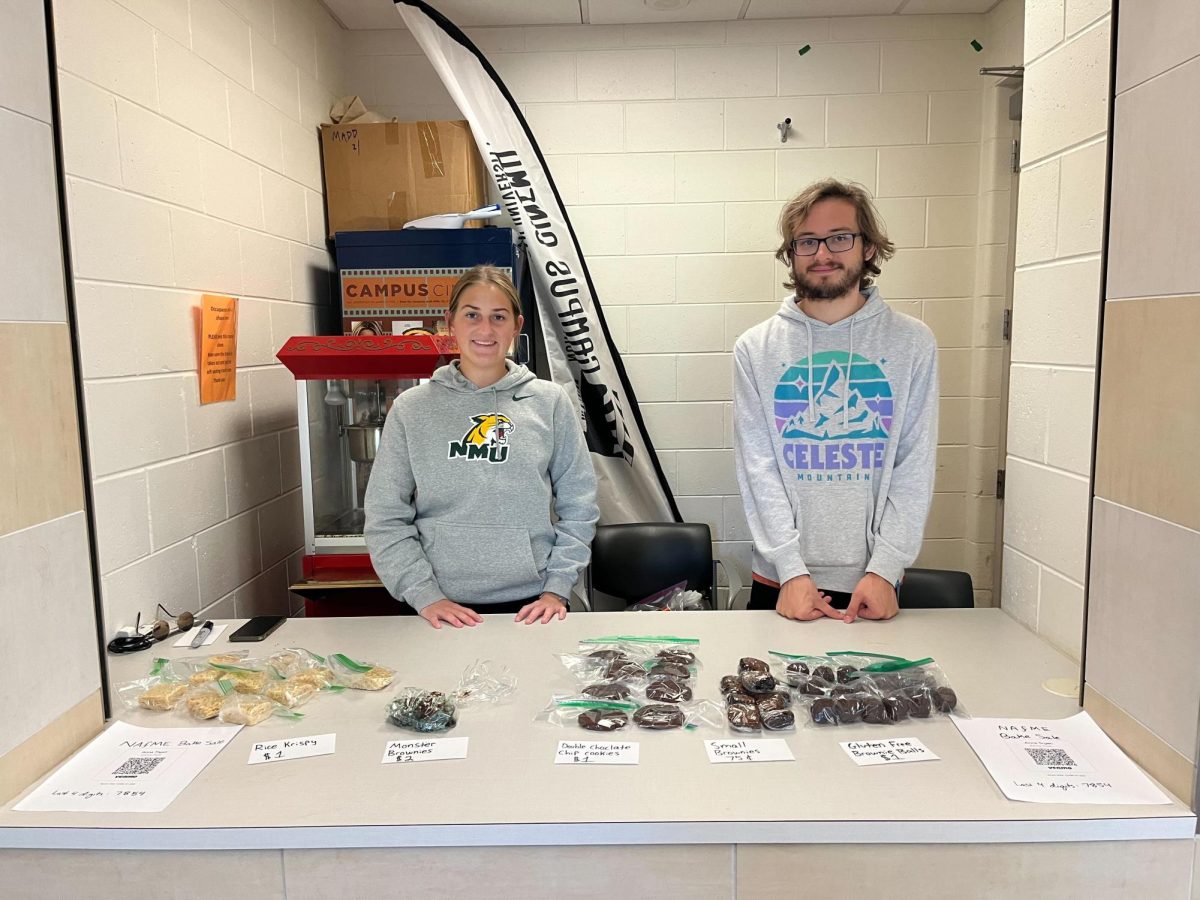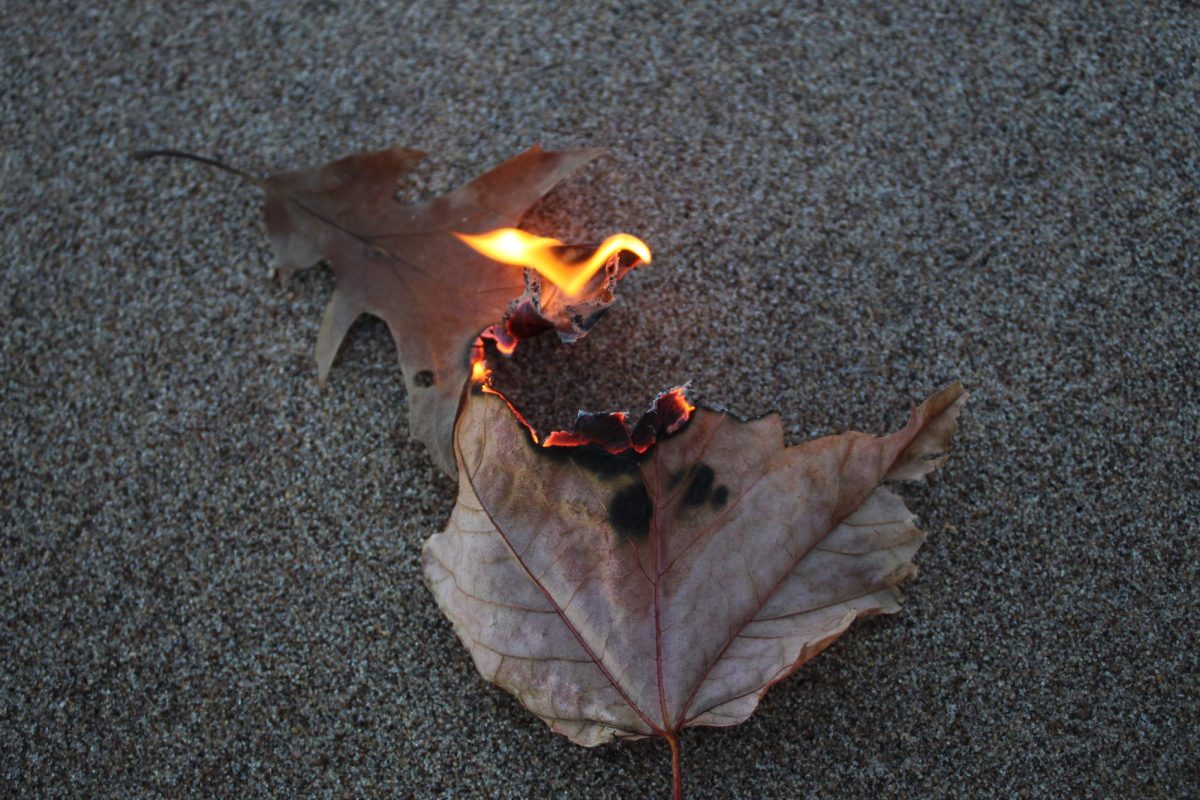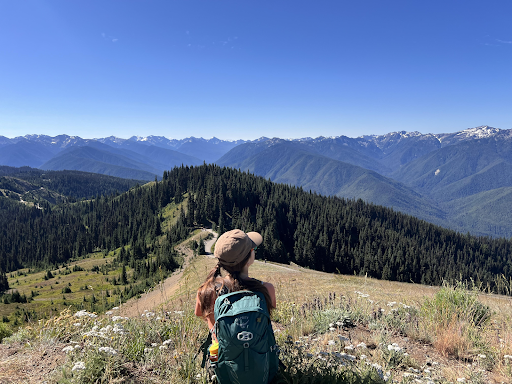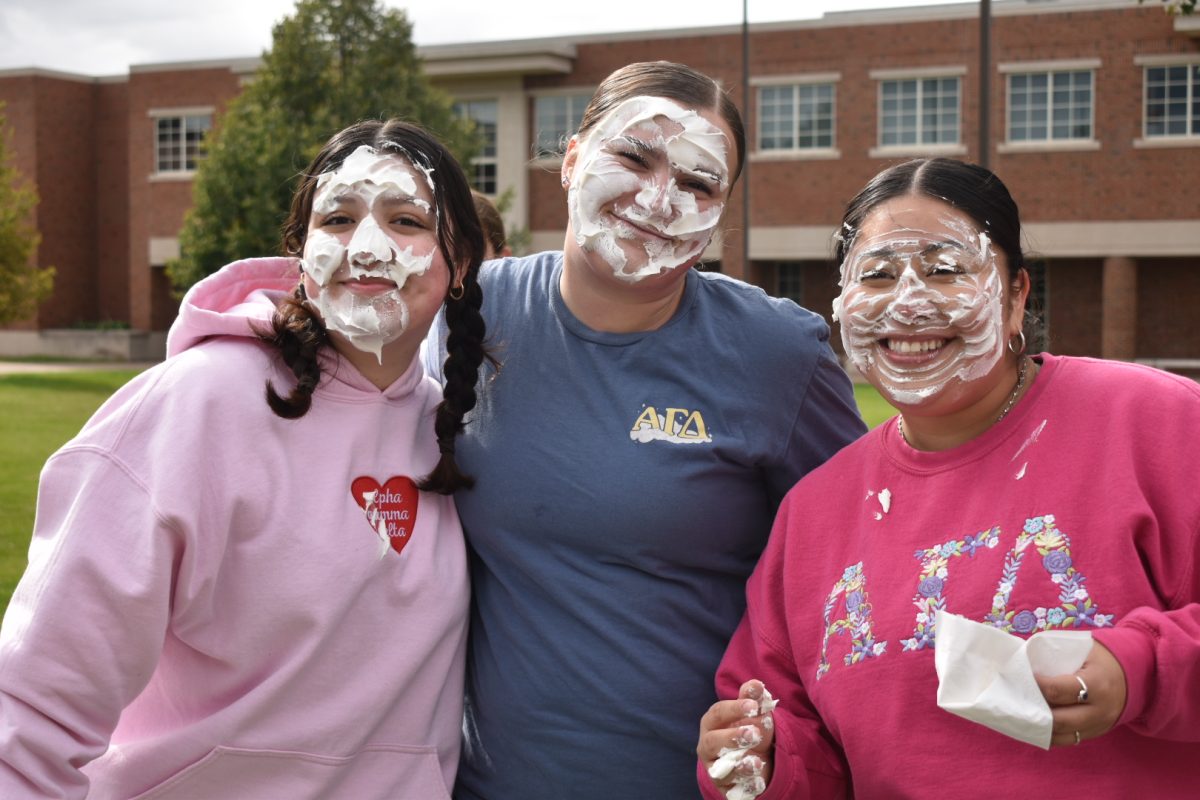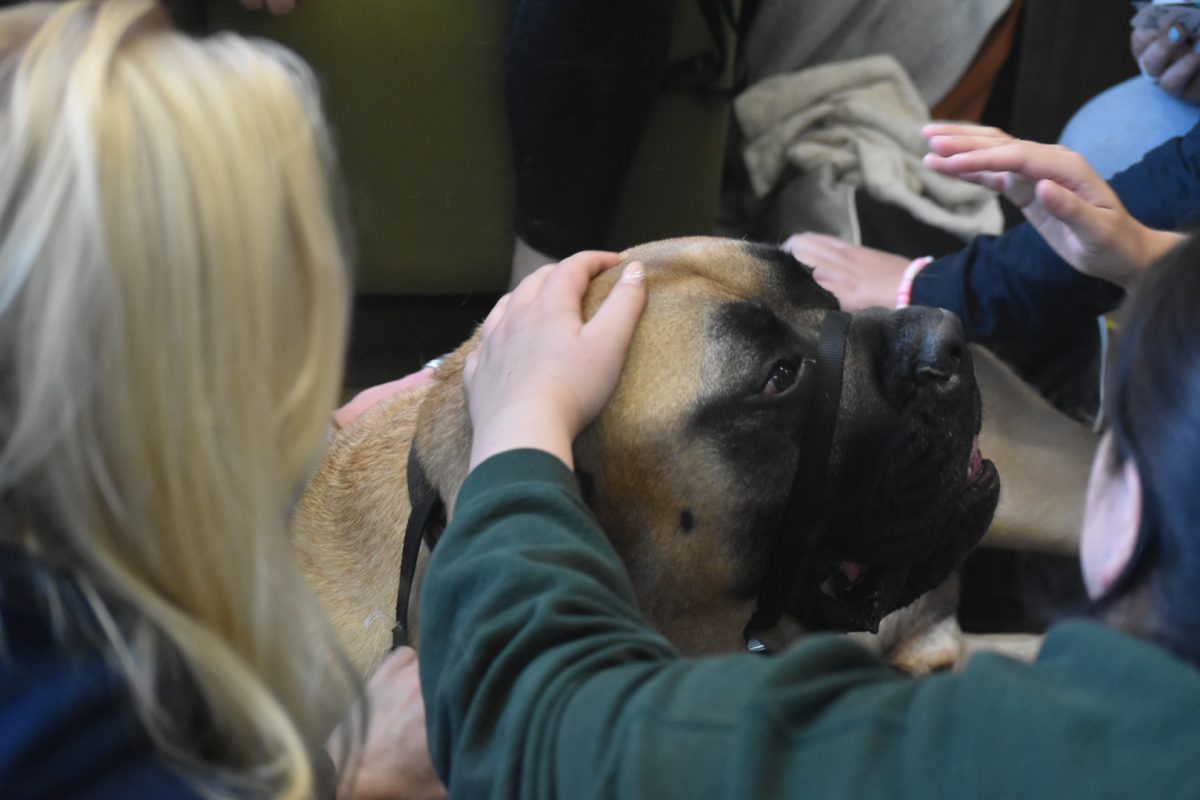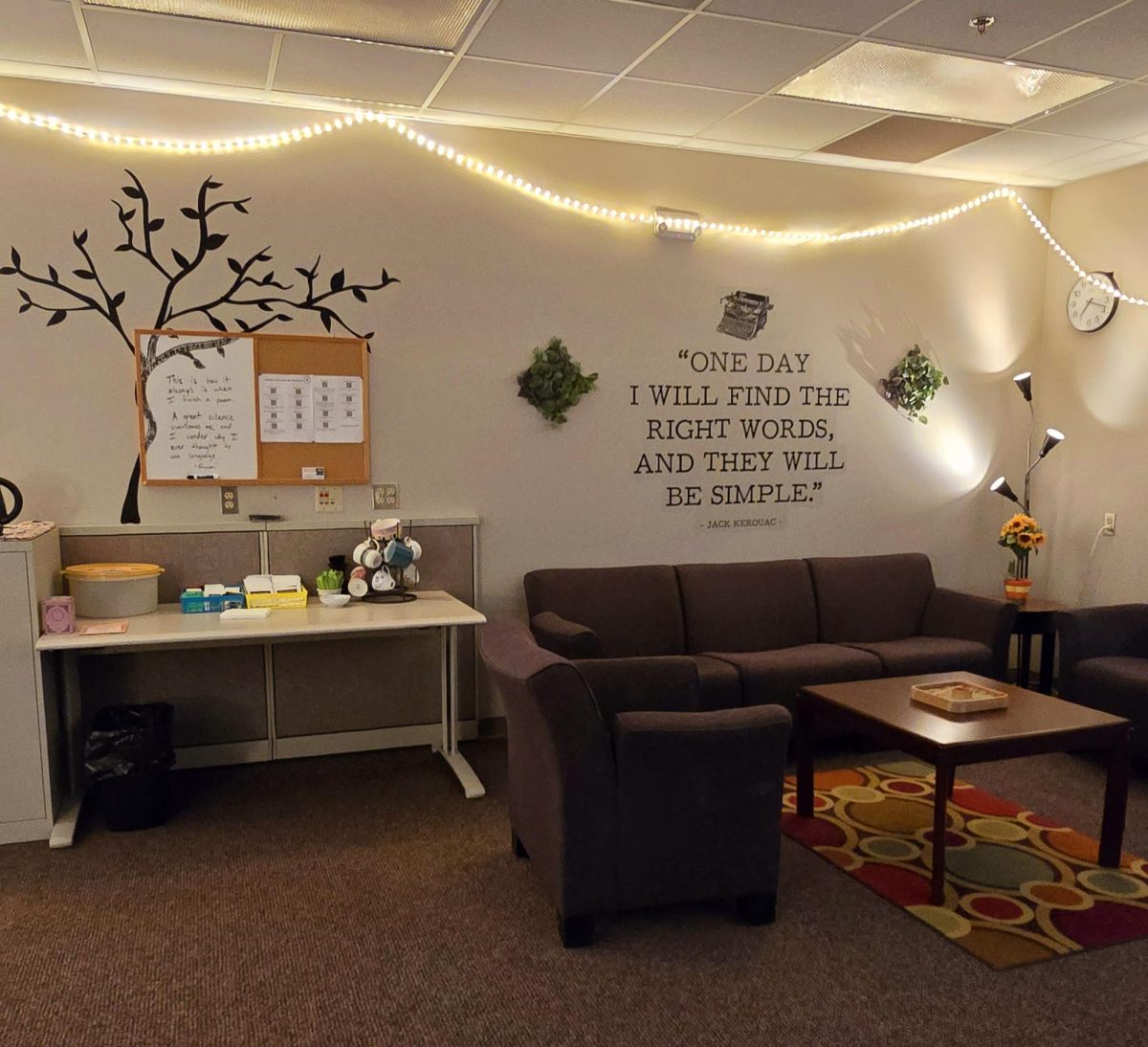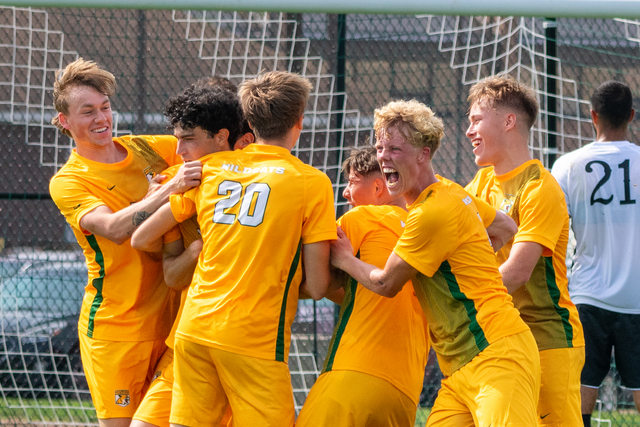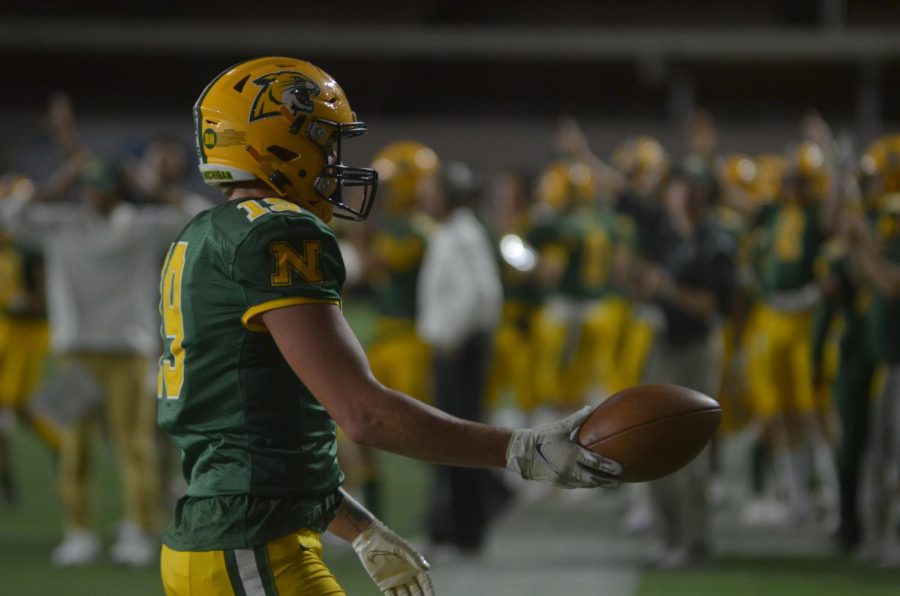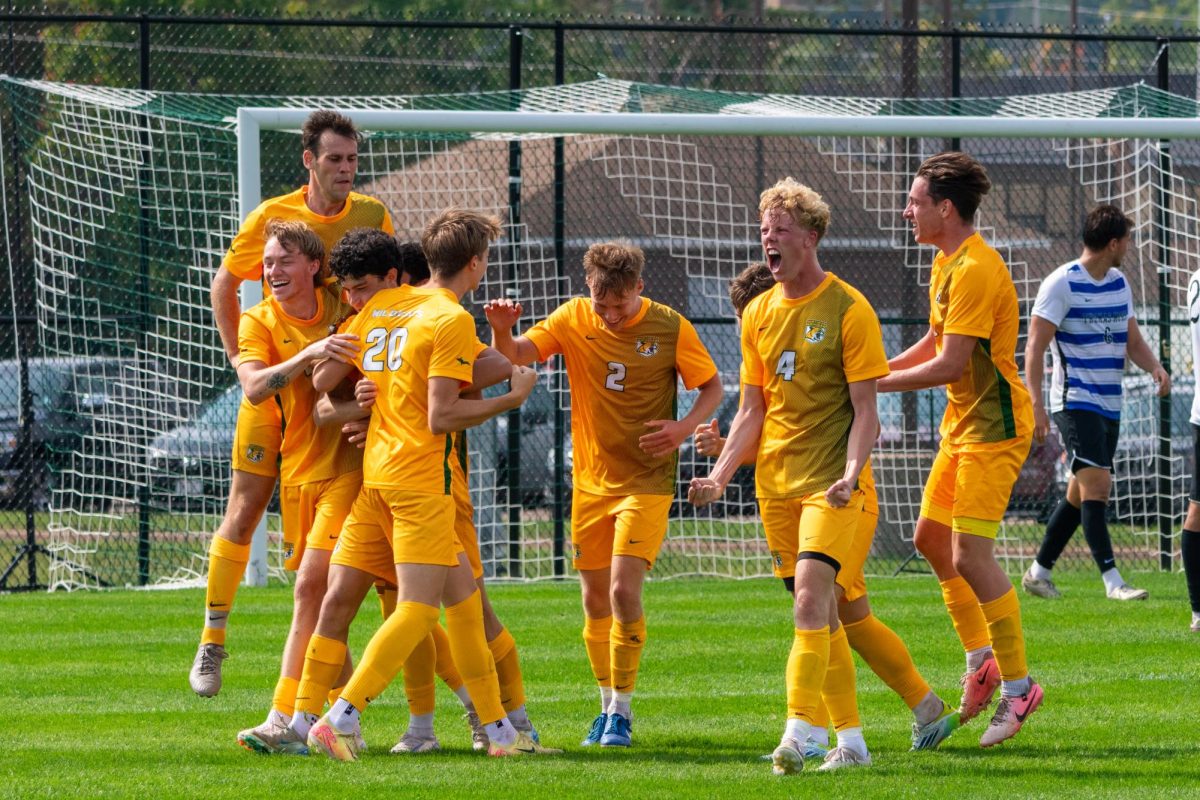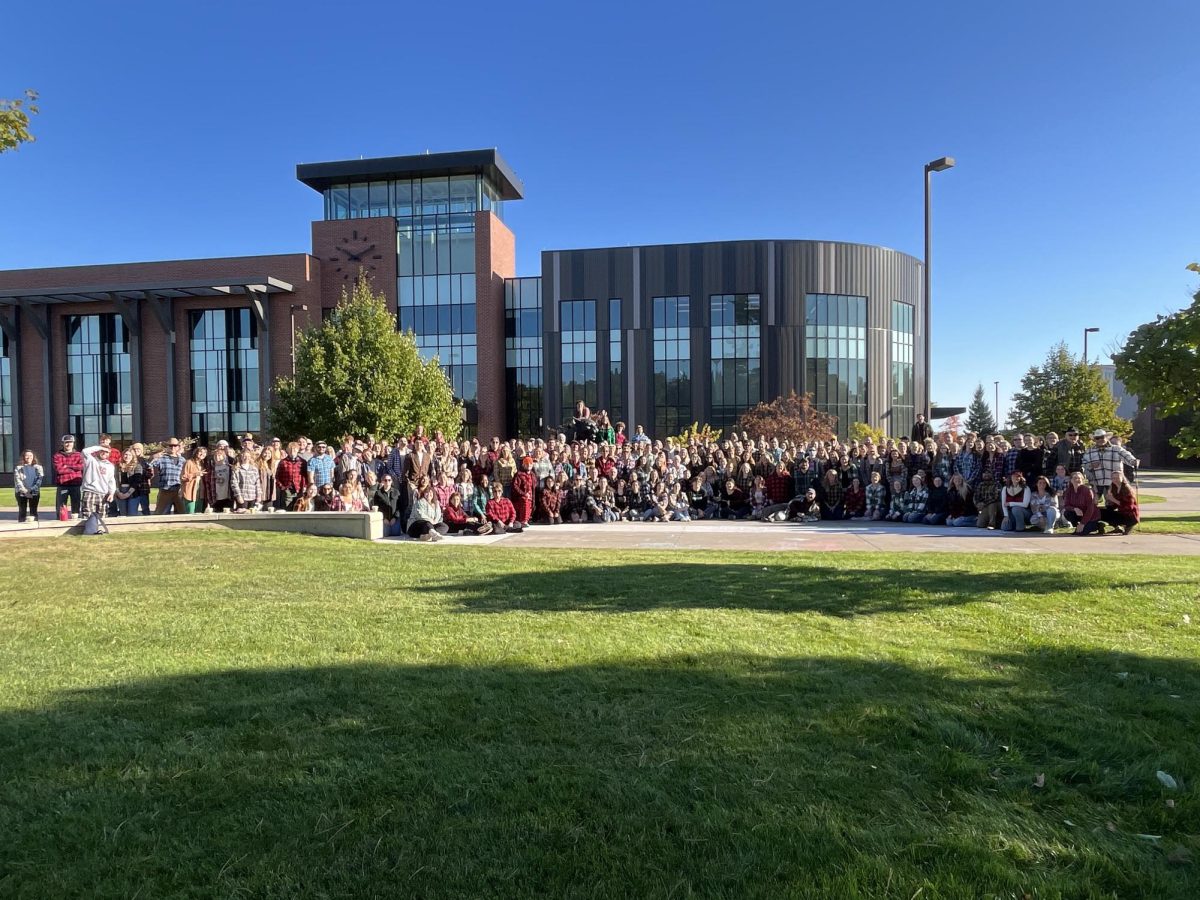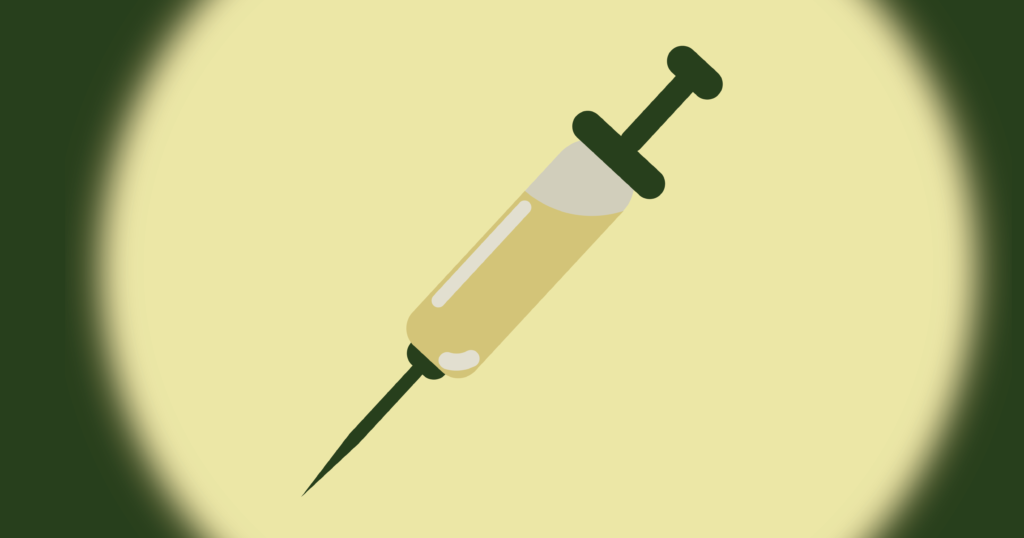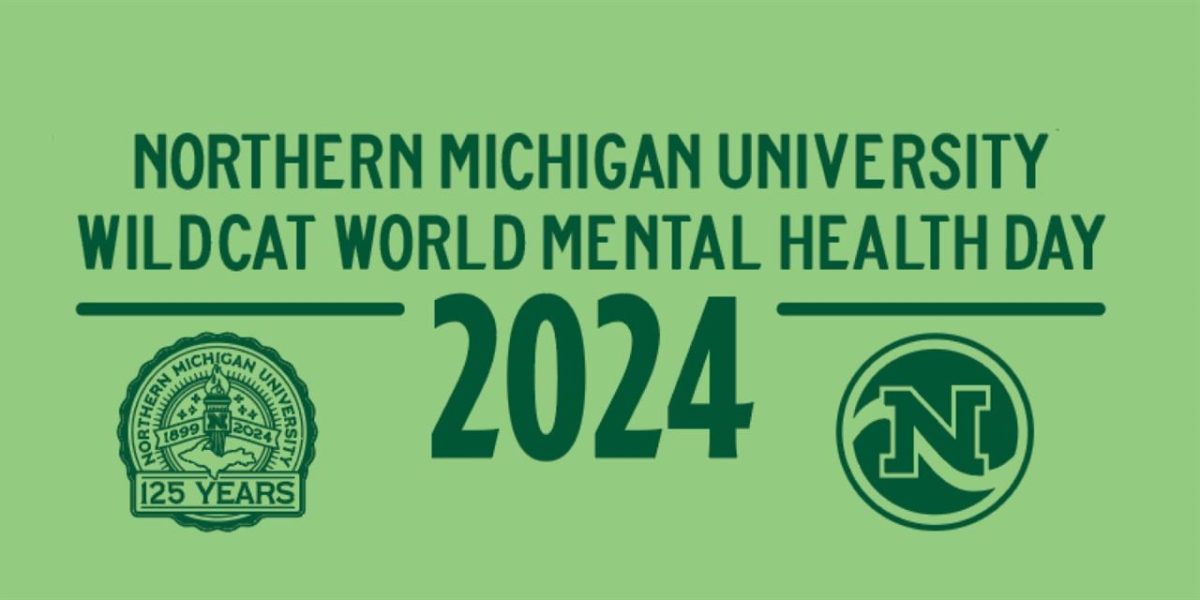As of April 5, all Michigan residents 16 years and older are eligible to receive the COVID-19 vaccination. NMU has still not received its own vaccination allocations, however, the Marquette County Health Department has opened availability to NMU students.
“The MCHD’s vaccination clinics are taking place on campus at the Northern Center. It’s free. It’s fast. It’s convenient,” President Fritz Erickson said. “Starting the vaccination process now helps you to be well on your way to being fully vaccinated around the end of the semester.”
As the semester comes to an end, Erickson said that students who get the first vaccination in Marquette can receive their second shot in their hometown. MCHD’s advice, however, is to still get the first shot as soon as possible.
With the increase of eligibility for the vaccination and continuing to move forward to potentially return to face-to-face classes for the upcoming fall semester, Christopher Kirkpatrick, medical director at the Health Center, said that he is happy to hear that people in the younger age range are getting vaccinated.
“It sounds like the health department’s list has started to dwindle even after opening it up to 16 and older,” Kirkpatrick said. “So they are in a position, last time I spoke with them, where they had openings all the way up until April 14.”
Kirkpatrick said that he hopes that college students will take the opportunity to get vaccinated through the MCHD and not wait until they return home or until more priority groups finish up.
“The MCHD has asked us to promote their vaccination clinics. We don’t want people to wait until NMU has vaccinations. We want them to get vaccinated and we want them to do so in any way that they can,” Kirkpatrick said. “The other thing I think about is that there might be some hesitancy amongst our students who don’t want to jump the line of those at a higher risk and are older. Marquette has processed most of those people in those groups that have wanted the vaccine so if they get a call and want the vaccine they are absolutely ready to get it.”
On April 6, the MCHD released a press statement going over the Marquette County COVID-19 update. The release highlighted key points of recent cases, herd immunity, why Michigan has had a recent surge in COVID-19 as well as analysis and predictions. Data showed that during the time frame of March 28 to April 4, Marquette County had a total of 139 cases with about 15 cases daily.
“37% of all cases were in the 18-29 year old bracket, while they make up 17% of the county’s total population. 65 and older account for 6% of cases and 23% of the population,” the press release said. “That is nearly fourteenfold case incidence change between these two groups over the last several months.”
Herd immunity is when a large part of the population of an area is immune to a specific disease. In Marquette County, at least 1 in 13 residents have been infected from a total of 5,150 reported cases according to The New York Times COVID-19 interactive map. The Marquette County population is at 66,700 with 55,100 being 16 years or older. The CDC estimates that 1 in 4.2 COVID-19 symptomatic illnesses were reported and 1 in 4.6 total COVID-19 infections were reported.
“If you apply this to the above infection rate of nearly 8%, it is possible for nearly 32% of the population to have been infected, resulting in a significant amount of natural immunity of unknown duration, but most likely 6-8 months and more. 23,400 residents have started or completed their COVID vaccinations, nearly 35% of the entire population,” the press release said. “Since these two groups are not independent of each other, another assumption could be that 32% of the population vaccinated may have already been infected (as above). So using this correction factor, those not infected but vaccinated would total 24%. This would give a herd immunity of 58% or greater, adding these two groups together.”
Herd immunity can be achieved by developing a resistance naturally or with vaccines. With the increase of eligibility, herd immunity can be achieved in the Marquette County by vaccines as more people sign up to receive their shots.
NMU students are encouraged to sign up now to receive their vaccination from any of the eligible locations in town. Sophia Murphy, sophomore multimedia production major, received her first shot on March 31. Murphy received the Moderna vaccine at Walgreens on Washington Street.
“I had a really positive experience. I signed up for my appointment online on the Walgreens website and got in the next day,” Murphy said. “From signing in to actually getting my shot, it took maybe 20 minutes and I had enough time to go get Starbucks before work.”
As a student living in the dorms, Murphy felt lucky to have qualified for the vaccination early and said that she imagined once eligibility opened up for more people that the lines would get longer.
“Speeding up the check-in process is definitely going to be crucial to the vaccination process,” Murphy said.
After the vaccination, Murphy said that she had little to no side effects. The worst being soreness in the arm for a couple of days and more congested than normal. However, she said that this very well could have been allergies.
While NMU has not directly received its own COVID-19 vaccinations yet, NMU has been holding the vaccination clinics in the Northern Center ballrooms as a partner with the MCHD.
“I think NMU is doing a great job with educating and getting all the information out there,” Murphy said. “There’s a lot of misinformation when it comes to the vaccine and I think it’s really important that they keep pushing the truth.”
For those looking to register through the MCHD to get vaccinated, the process of filling out the registration form and going to the Northern Center to get vaccinated is straightforward.
— Open the COVID-19 Vaccination Registration form.
— Fill out your name, date of birth, address, gender, race, ethnicity and whether or not you would like to receive a notification either by email or phone.
— Continue on with any medical conditions and work environment that qualify you for being in the “at risk” category.
— Once you have registered, you will receive a notification by the preferred choice of communication as to when you are able to make an appointment.
— On the day of your appointment you will need to show up no earlier than five minutes before your scheduling appointment and will be required to wear a mask at all times and bring your ID.
— After filling out the paperwork and vaccination card, you will then receive your vaccination and have to wait 15-30 minutes afterwards to see if there are any side effects.
— Once you have waited, you will then schedule your second vaccination appointment.
In addition to the increase of vaccination eligibility, NMU has also released a COVID-19 emergency grant approved through the Higher Education Emergency Relief Fund monies, which are part of the Coronavirus Response and Relief Supplemental Appropriations Act, 2021.
“The emergency grant is meant to provide financial aid grants to students, which may be used for any component of the student’s cost of attendance, or for emergency costs that arise due to the coronavirus,” the application said. “Examples include tuition, food, housing, books/supplies/technology, transportation, health care (including mental health care) or child care.”
Eligibility for the relief fund comes from a combination of enrollment and students with greater needs. Those who are Pell Grant recipients for the Winter 2021 semester can earn up to the max amount of $800 if they are enrolled in 12 or more undergraduate credit hours, $600 for 6-11 undergraduate credit hours or $200 for 1-5 undergraduate credit hours.
Those who were not eligible for federal Pell Grants can still earn up to $600 depending on the amount of undergraduate or graduate credit hours. Those enrolled in 12 or more undergraduate or 8 or more graduate credit hours can earn up to $600, those with 6-11 undergraduate credits or 4-7 graduate credits can earn up to $400 and those with 1-5 undergraduate credits or 1-3 graduate credits can earn up to $100.
Requirements for the relief fund also include being currently enrolled for the Winter 2021 semester, a U.S. citizen or permanent resident (based upon federal regulations) or admitted into eligible degree or certificate programs.
Applications will be considered through April 12, 2021 or until the funds have been exhausted.

